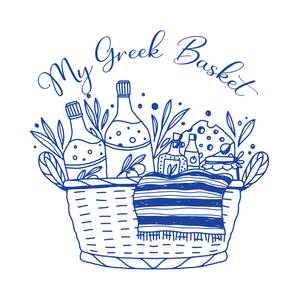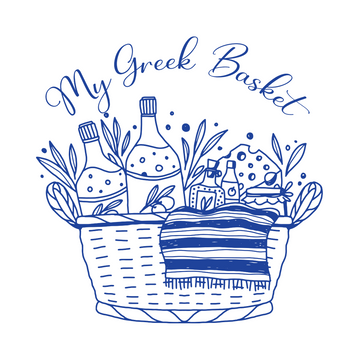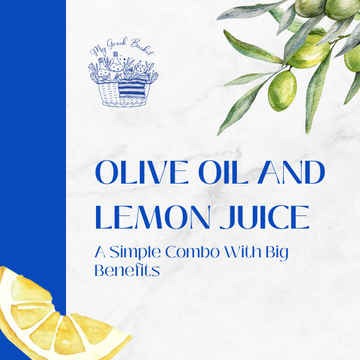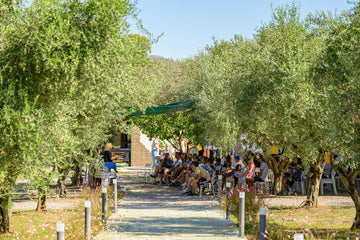
Sadly enough, most food experts agree that 80% of EVOO (extra virgin olive oil) sold in US supermarkets are a scam. What do they mean by that? Exactly that olive oils labeled as EVOOs are often a mix of such with the addition of various seed oils known to be highly inflammatory (cotton seed oil, canola and the like). We’ve heard stories of suppliers buying EVOO in Greece, then bringing it to Italy (oh, isn’t Italian EVOO something everyone is after?), mixing it with canola oil and marketing it as “extra virgin olive oil” prior to exporting it to the US.
Sounds terrible, doesn’t it? This is one of the reasons why single origin groceries are getting so popular these days: olive oil, coffee and the like. Unfortunately, it is not unusual for EVOOs not to just be single origin, but not even originate from a single country. Many EVOOs have markings such as ES, GR, IT – all of them on the same bottle meaning that its content is a mix of olives originating from 3-4 different countries while the production could take place in yet another, not to mention that there are no specific locations (farms or PGIs – protected geographic locations) mentioned on any of such EVOOs. And that is when we know that no olive farm (grove) is created equal: some stick strictly to organic growing practices and are certified-organic, some have PGI’s certification meaning no use of pesticides and other harmful chemicals, some use harvesting equipment operated by fuel that spreads harmful fuels on olives while others use battery-operated equipment and other eco-friendly harvesting tools. The list of differences between various growing, harvesting and pressing practices (did you know that most classic mills use water in the process?) can go on, but the more farms (olive growing, pressing and packaging origins) are involved, the harder it is to know exactly how the EVOO you just bought or are about to buy, was made or what it consists of.
Again, did you know that the majority of olive oil producers just own a mill, a pressing facility to make olive oil from olives? And while some care more than others about sources that supply what goes in their oil, it is usually a mixture of product from a bunch of different farms, again each with its own growing and harvesting protocols.
When we looked for that “very best” olive oil to sell at My Greek Basket, the first thing we knew was that it had to be Greek due to the concept of our project and our owner’s never ending love affair with Greece and everything (or almost everything)) Greek. However, there were other requirements that our olive oil supplier, The Olive Temple, met and exceeded: not only they supply single origin oil – they own both the grove and the mill ensuring top quality control from start to finish. The grove and the mill being next to each other allows olives to be pressed within hours from being picked-up (usually 3 or 4). All of The Olive Temple EVOOs are organic or PGI-certified.
But that’s just words, you can say. No, there aren’t. To make sure that the bottle a customer is holding in their hand is the REAL THING, The Olive Temple set up, what they call, MY-ID project. Every bottle has a unique QR-code on it serving as a proof of authenticity, but also opens up a handful of useful info upon scanning: harvest date, PGI, lab reports (and yes, their EVOOs have some of the highest polyphenol content on the market – you can see how many there are in the current harvest) and even suggested food pairings and recipes. We don’t know of any other EVOO on the market that has something like that. This is what we mean when we say that our oils have 100% traceable single origin. And apart from scanning a QR-code on a bottle there is one more, enticing and ultimately pleasant way to check any of our oils’ single origin – visit The Olive Temple!
Located in Ancient Olympia in Western Peloponnese, The Olive Temple is open to anyone who wants to know more about olive oil and how it is made, those who are interested in agriturismo and supporting small family farms and those who appreciate Greece in general and its tradition. Every tour ends with a traditional Greek lunch or dinner served strictly in line with the farm-to-table concept. Although tours take place all year round, now is the time when the tourist season in Greece starts and lasts well into late October.
Contact us at: support@mygreekbasket.com if you are interested in visiting The Olive Temple. Tours can be arranged as an inclusion to your own itinerary in Greece or as part of one we create for you as part of our travel design services.






